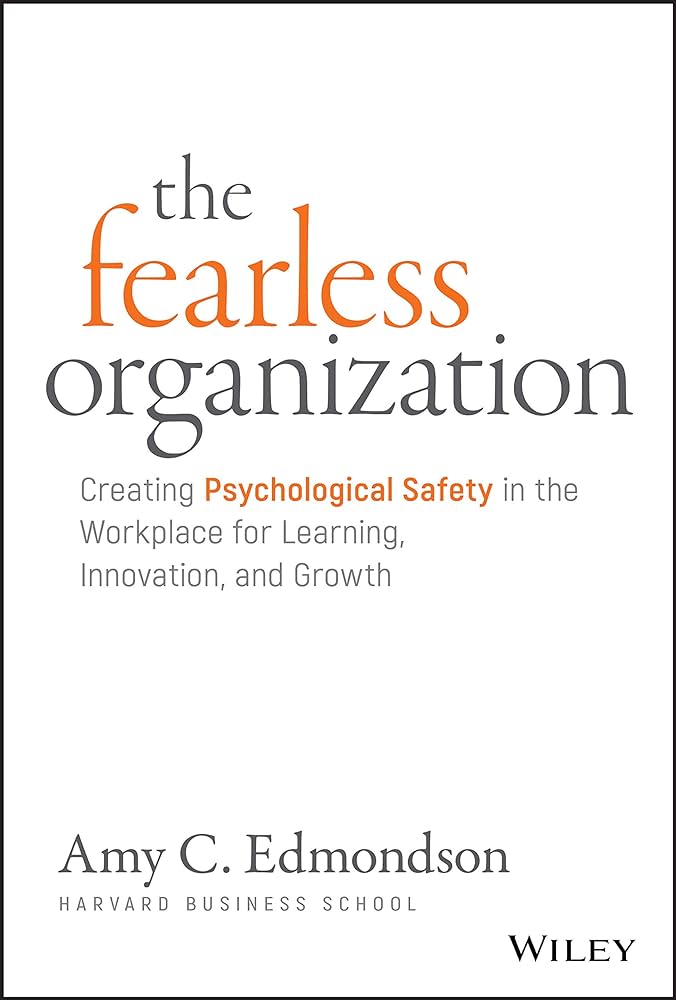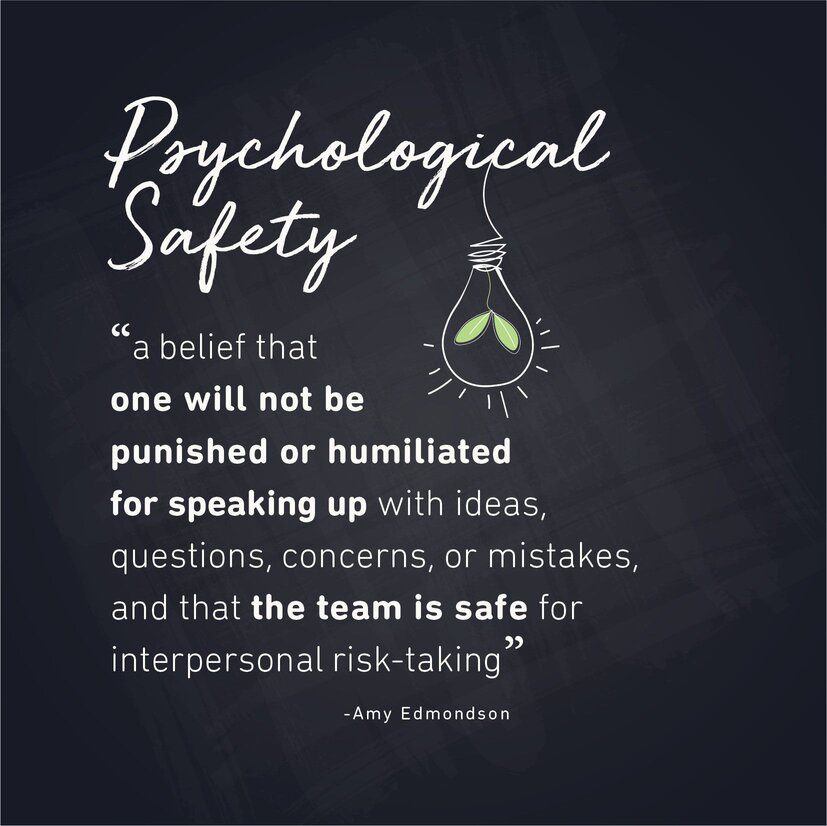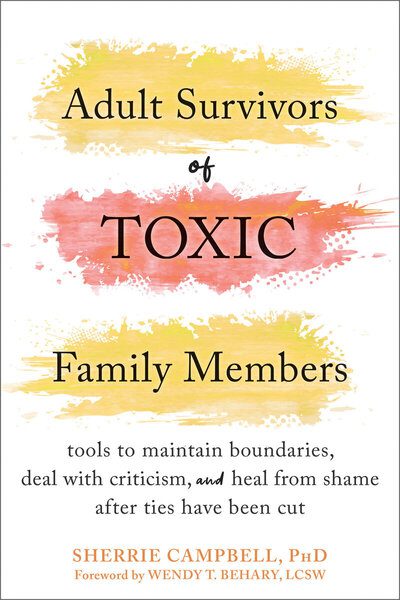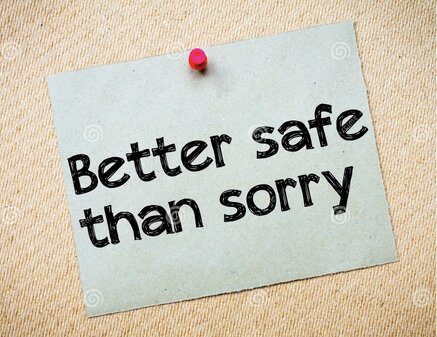It is better to be safe than sorry means it is better to make good choices in order to get great results than to make bad choices which leads to bad results. As author Jim Rohn often said, “Success is a few good habits repeated every day, Failure is a few bad decisions repeated every day.” According to Abraham Maslow’s hierarchy of needs, safety is one of the needs we long for the most as it is very important in living a stable life. Our safety needs include personal, health, emotional, psychological, and financial safety. Once these needs have been met we can then move to higher needs. When one feels safe in an environment there is harmony but if safety is not guaranteed, humans naturally seek that safety in another clime.
It is better to stand alone than be surrounded by frenemies, draining friends, a nagging spouse, or sticking around with toxic family members because they are all we have always known. People pleasing and living your life based on optics/what would people say could get you in danger and in unsafe territories. At the core of most of our relationship issues and emotional heartache is the inability to set healthy boundaries. American poet Robert Frost once quipped “Good fences make good neighbors”. Your safety should always be your priority in any circumstance, whether it is dealing with a friend, frenemy, boss, or spouse.
As it is often said in sports: “A good defense is a great offense” and “Defence wins Championships”.
Psychological Safety
According to Harvard Business School professor Dr. Amy C. Edmondson who coined the term, “Psychological safety is a belief that one will not be punished or humiliated for speaking up with ideas, questions, concerns, or mistakes.” In her book, The Fearless Organization: Creating Psychological Safety in the Workplace for Learning, Innovation, and Growth, Dr. Edmondson writes:

Psychological safety is not immunity from consequences, nor is it a state of high self-regard. In psychologically safe workplaces, people know they might fail, they might receive performance feedback that says they’re not meeting expectations, and they might lose their jobs due to changes in the industry environment or even to a lack of competence in their role. These attributes of the modern workplace are unlikely to disappear anytime soon. But in a psychologically safe workplace, people are not hindered by interpersonal fear. They feel willing and able to take the inherent interpersonal risks of candor. They fear holding back their full participation more than they fear sharing a potentially sensitive, threatening, or wrong idea.

Psychological safety is broadly defined as a climate in which people are comfortable expressing and being themselves. More specifically, when people have psychological safety at work, they feel comfortable sharing concerns and mistakes without fear of embarrassment or retribution. They are confident that they can speak up and won’t be humiliated, ignored, or blamed. They know they can ask questions when they are unsure about something. They tend to trust and respect their colleagues. When a work environment has reasonably high psychological safety, good things happen: mistakes are reported quickly so that prompt corrective action can be taken; seamless coordination across groups or departments is enabled, and potentially game-changing ideas for innovation are shared.
In short, psychological safety is a crucial source of value creation in organizations operating in a complex, changing environment.

Familial Safety
Family should provide you with the sense of safety, security, and belonging you cannot fully replicate anywhere else or in any other relationship. These familial relationships are deeply fundamental to anyone’s overall well-being. Moving away from the familiarity of family can leave you feeling exposed and unstable. Although your family environment was not a safe place, your family was still something fundamental, essential, and important that you belonged to. It is all you have ever known.
“You gravitate toward the familiar because it gives you a false sense of security or safety. Most survivors will unconsciously choose familiar pain over an unknown alternative.”
When nothing you do as a child to secure a feeling of love and safety from your family works to bring you the connection you deserve and need, you become wounded at your core. You begin wondering what is so bad about you that the people whose love should be given in your life express no love for you. This is a core life that expresses no love for you. This is a core wound.
Meditations
- Daily Calm with Tamara Levitt – Set Yourself Free
- Throughout our lives, we are met with circumstances we don’t like, there is a tendency for us to resist and push and do whatever we can to control things. But there are some things that we just can’t control such as aging.
- Sometimes when we want, something desperately what we need most is to release our grip. Mindfulness helps us accept the nature of how things are as opposed to how we want them to be and it helps us uncover the ways by which we try to control things in life. We are able to notice our pattern of resisting and forcing, with that awareness we can challenge ourselves to respond with greater acceptance.
Daily Jay with Jay Shetty – Let Down Your Guard
- In sports, it is said that “Defense wins championships” In other words, you can protect your net, end zone, your goal and keep the other team from scoring; you would end up on top.
- We naturally put up our guard when we are exposed to new people, situations, and scenarios as we often feel, it might upend the status quo. Instead practice discernment, observation, and openness so we can gather more information. It might take time to learn what we people are all about but it is often worth it.
There are no strangers here; Only friends you haven’t yet met. – William Butler Yeats
Podcast
- When Life Gets Hard: 12 Stoic Lessons To Change Your Life Before 2024 | Cal Newport
All the best in your quest to get better. Don’t Settle: Live with Passion.



Comments are closed.